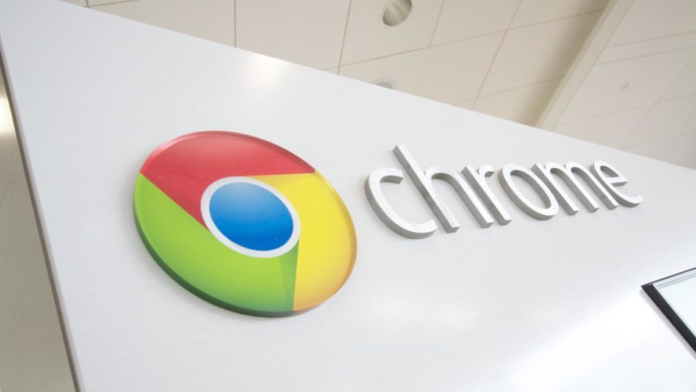[ad_1]
Google has announced that it will start rolling its Chrome web browser’s new Tracking Protection feature from January of 2024. Tracking Protection is part of Google’s Privacy Sandbox initiative to phase out third-party cookies. The Tracking Protection feature aims to disable third-party cookies completely in the second half of 2024.
Third-party cookies, often referred to as non-essential cookies, can be used to track visitors as they move from one website to another, with the purpose of creating profiles for personalized ads. But other website features, like authentication and fraud prevention can also depend on them.
Starting January 4, Google says it will select one percent of Chrome users on desktop and Android at random, and that group will get the option to use the Tracking Protection feature. The chosen users will receive a notification about it when they open Chrome.
The selected Chrome users can do some testing to establish the impact of blocking third-party cookies on their browsing experience. For example, when Tracking Protection is enabled, some websites may not load correctly, so users will also have the option to temporarily re-enable third-party cookies for that specific website.
One significant difference with the existing (largely useless) “Do Not Track” feature is that websites do not have a choice about whether to cooperate with Tracking Protection. Do Not Track is a signal sent by the browser that asks websites to play nicely and not track it. It isn’t effective and there is no way to determine if it’s having the desired effect or not.
Other initiatives by Google in this direction include hiding your IP address. An IP address is the next best thing for tracking users across the internet. Although the IP address is often not limited to one system, they are very often bound to one household. Google’s IP Protection proposal wants to use proxies to hide users’ IP addresses.
It remains to be seen how fruitful these initiatives will be. A few years ago (March 2021), Google ran some tests with a program called Federated Learning of Cohorts (FLoC) which was also intended to replace third-party cookies. But the technology was criticized on privacy grounds and on January 25, 2022, Google officially announced it had ended development of FLoC technologies.
FLoC was replaced by the Topics API, another Privacy Sandbox mechanism designed to preserve privacy while allowing a browser to share information with third parties about a user’s interests.
Meanwhile, regulators are monitoring the tech giant’s initiatives to ensure they don’t give the company an unfair advantage in selling its own ads.
We don’t just report on threats—we remove them
Cybersecurity risks should never spread beyond a headline. Keep threats off your devices by downloading Malwarebytes today.
[ad_2]
Source link
